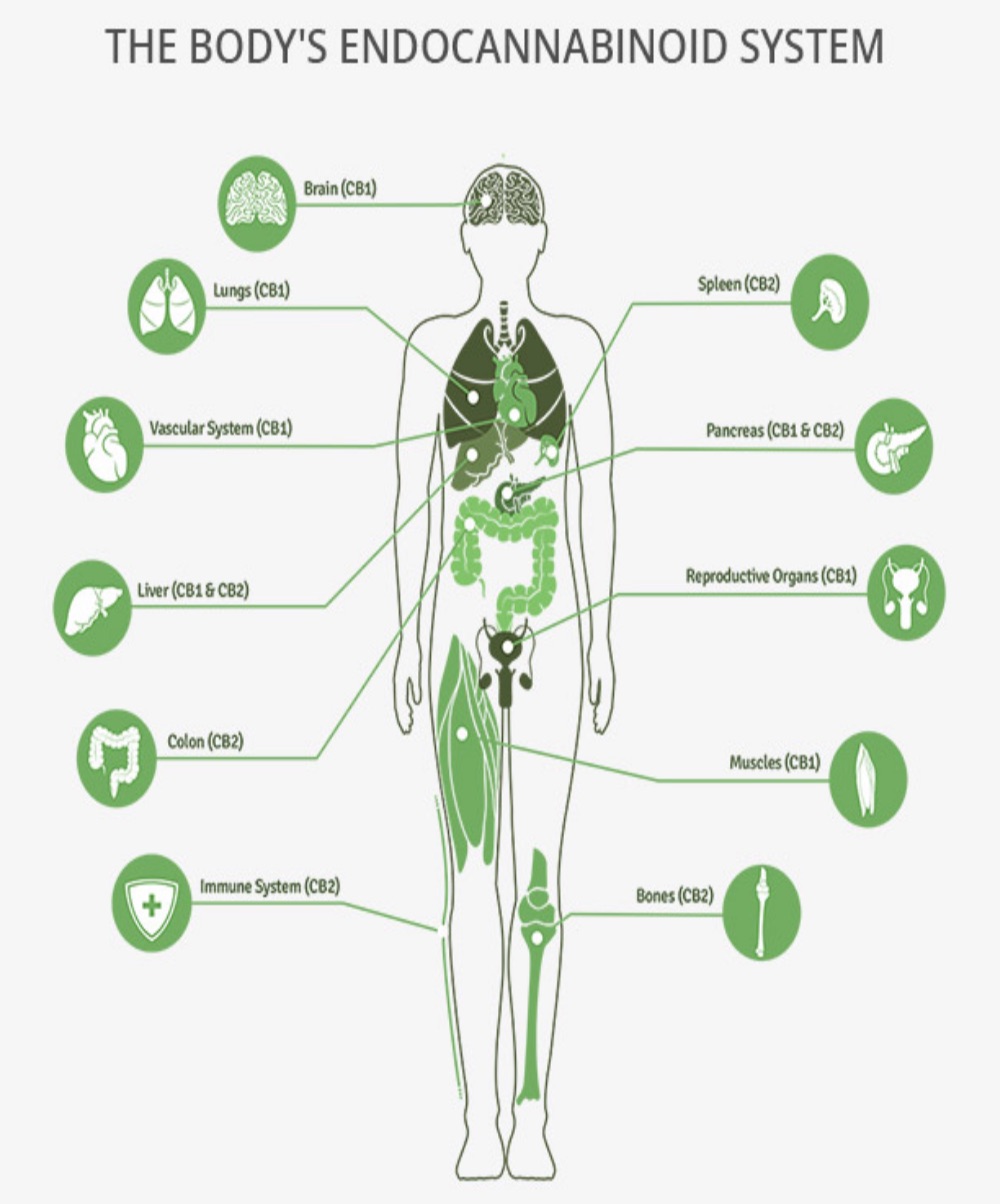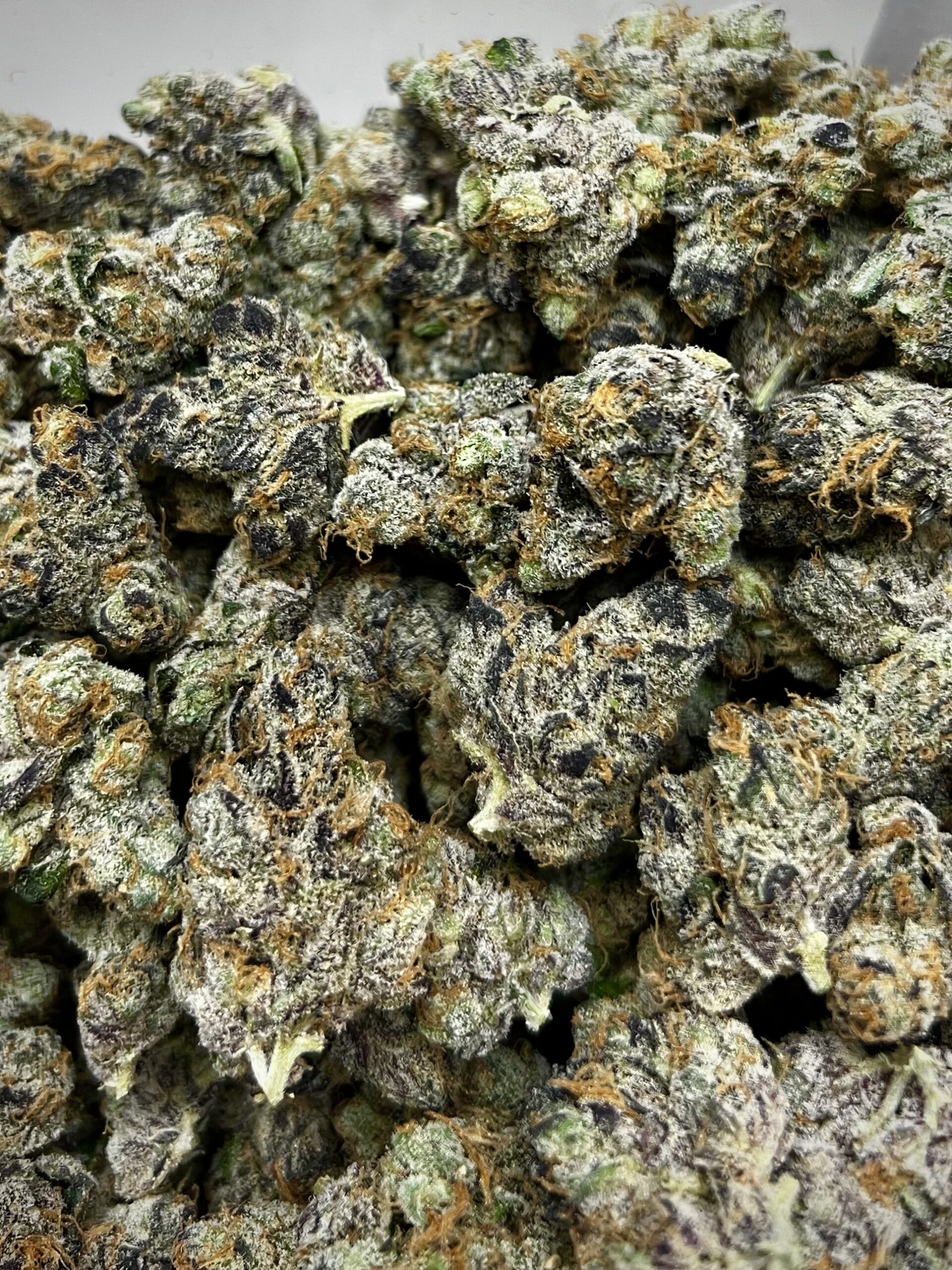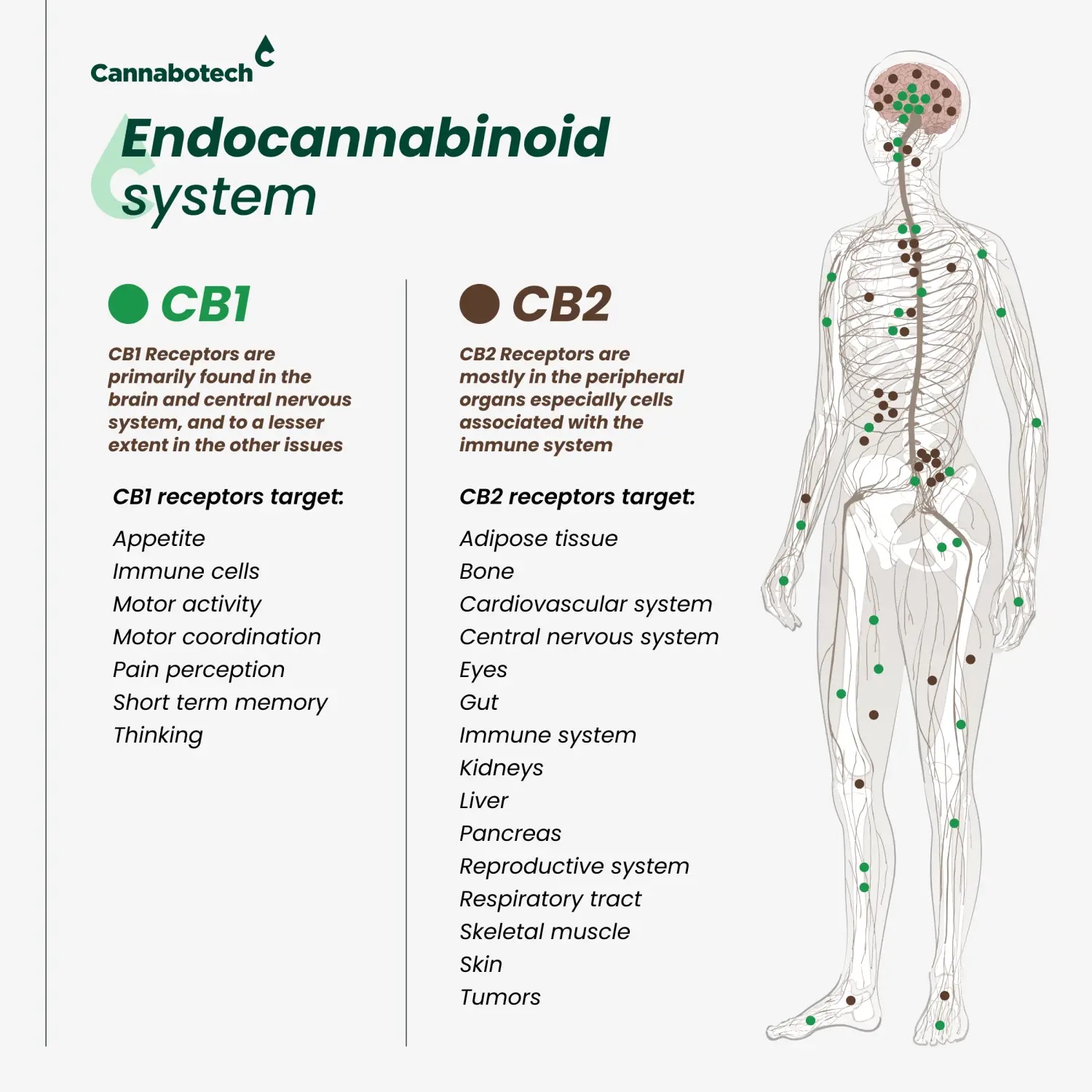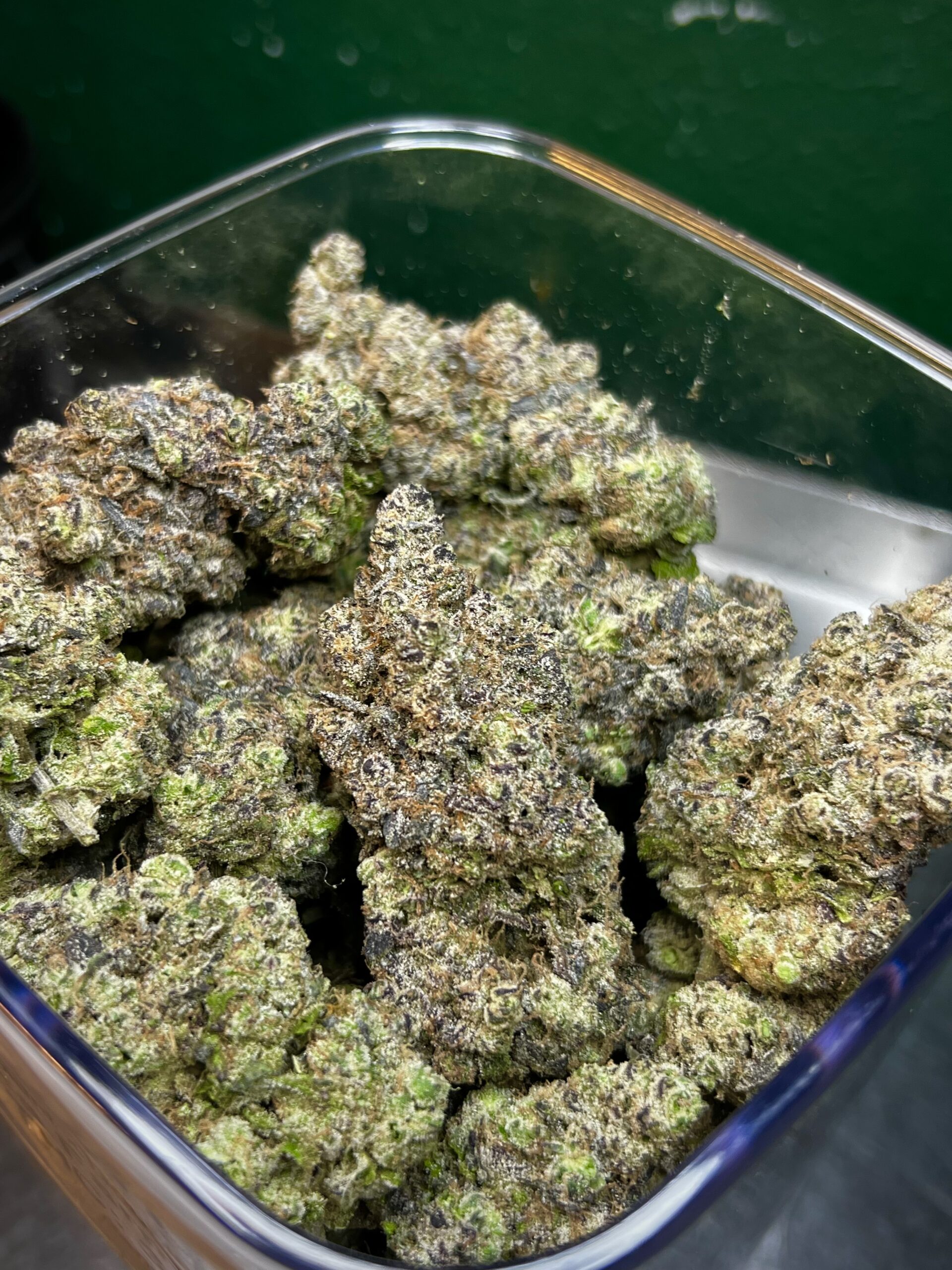You May Also Like
 Cannabis GuidesCannabis Tips & Tricks
Best Hikes Around Portland & Energizing Strains To Pair
Cannabis GuidesCannabis Tips & Tricks
Best Hikes Around Portland & Energizing Strains To Pair
Best Hikes Around Portland & Energizing Strains To Pair
GriffinJune 3, 2025
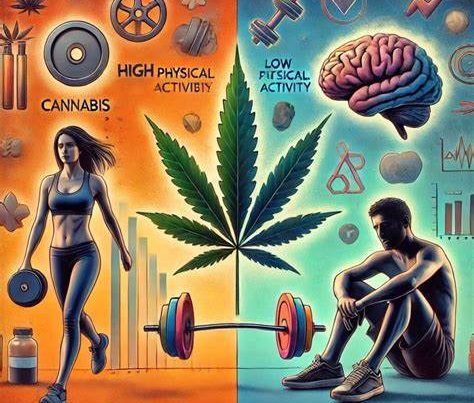 Cannabis GuidesCannabis Tips & Tricks
Does Cannabis Promote Energy? – Breaking The Lazy Stoner Myth
Cannabis GuidesCannabis Tips & Tricks
Does Cannabis Promote Energy? – Breaking The Lazy Stoner Myth
Does Cannabis Promote Energy? – Breaking The Lazy Stoner Myth
GriffinMay 27, 2025
 Cannabis GuidesCannabis Tips & Tricks
Top 3 Strains To Celebrate Memorial Day!
Cannabis GuidesCannabis Tips & Tricks
Top 3 Strains To Celebrate Memorial Day!
Top 3 Strains To Celebrate Memorial Day!
GriffinMay 26, 2025


